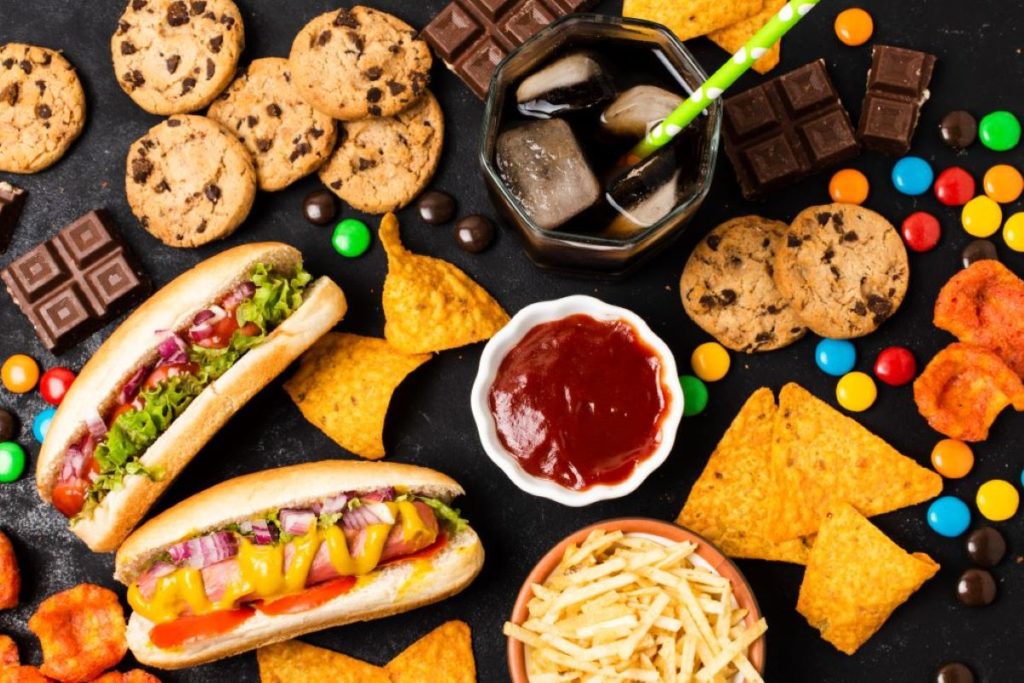The Negative Impact of Ultra-Processed Foods on Your Health

Ultra-processed foods and what you need to know. In today’s fast-paced world, convenience often takes precedence over nutrition and that happens to us all. Unfortunaltey ultra-processed foods have become a staple in many people’s diets, offering quick and easy solutions for busy lifestyles. These foods can have detrimental effects on our health and well-being. As […]